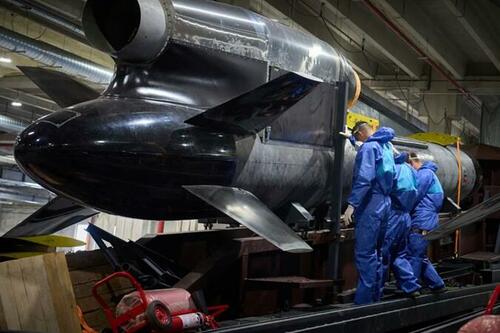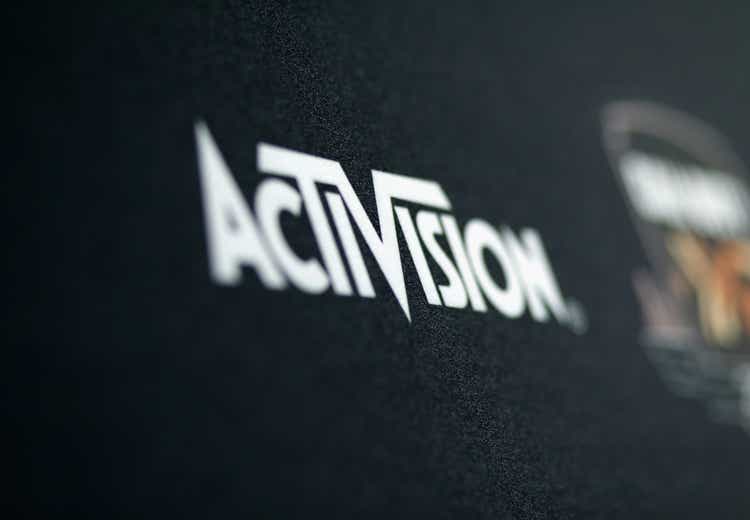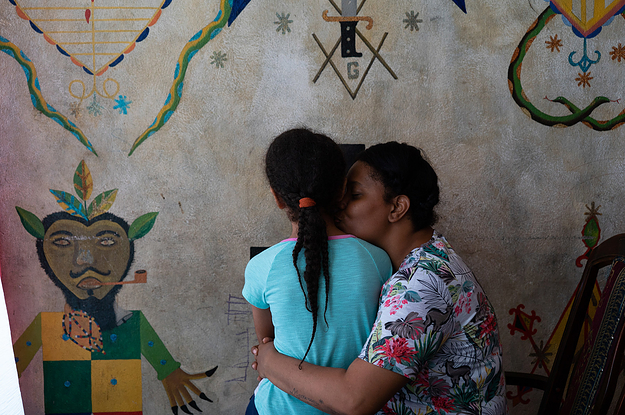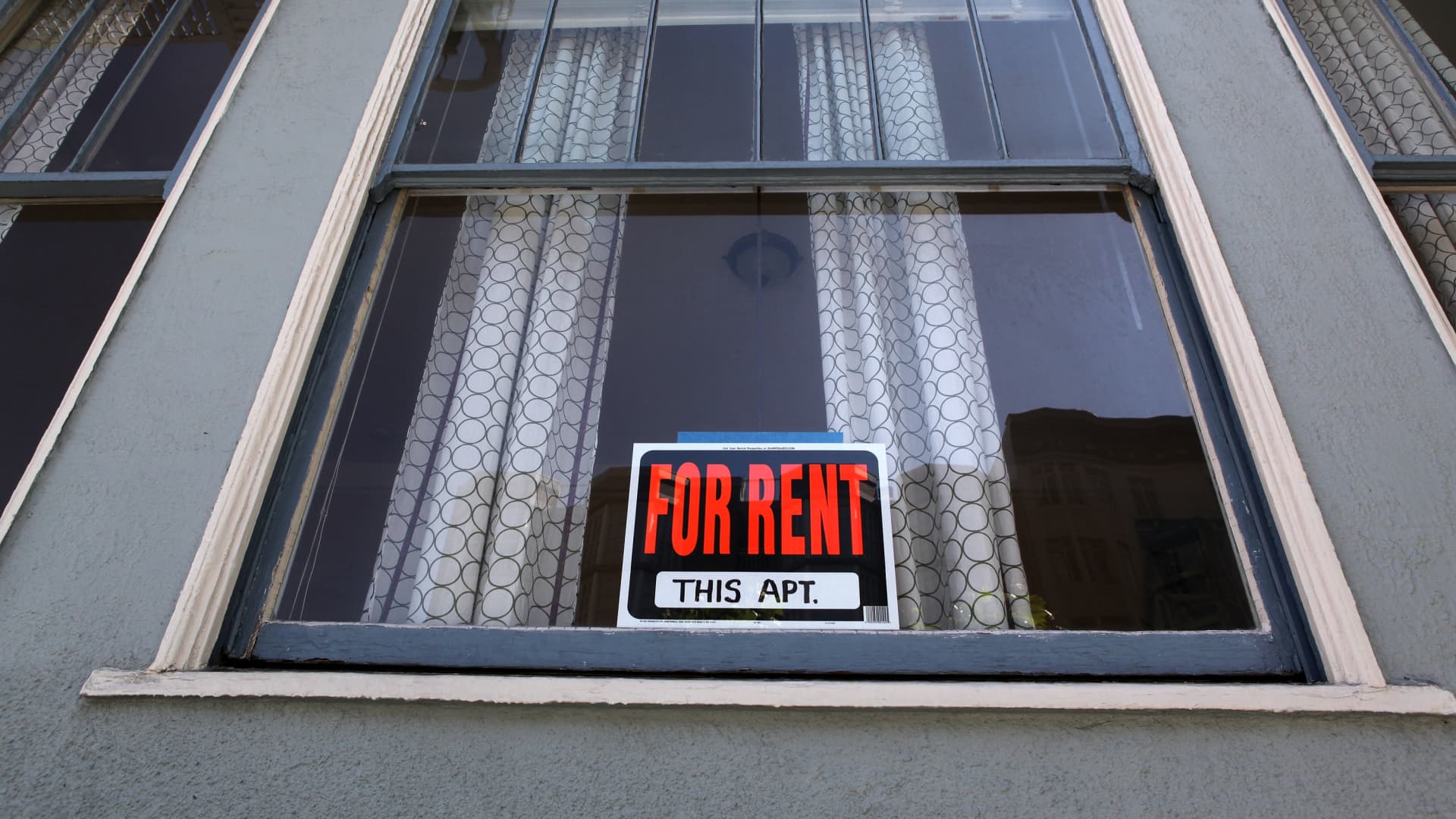After years of delays and obstacles, two of three defamation lawsuits against Infowars’ Alex Jones by the parents of Sandy Hook victims have finally come to trial. The first, wildly unpredictable seven-day hearing ended in plaintiffs Neil Heslin and Scarlett Lewis, the parents of 6-year-old Jesse Lewis, being awarded $4.1 million in compensatory damages and $45.2 million in punitive damages. That’s far less than the $150 million they were seeking but still a decisive statement against Jones.
But in the second trial, a Connecticut jury has awarded a total of $965 million in compensatory damages to eight families — a historic amount for damages in a defamation lawsuit. (Prior to this, the record amount was $274 million, awarded in a 2017 suit.) Punitive damages, which are typically awarded in cases where the jury finds significant harm has occurred, and which can range up to four times the amount of compensatory damages, have not yet been declared. The third Sandy Hook trial will likely be held in Texas later this year.
The wildly disparate financial awards of the two lawsuits reflect both the ultimately subjective nature of a trial by jury and the intensely chaotic nature of the Jones case — the first trial in particular.
Jones’s first trial, held in Austin, marked the second time this year that a high-profile defamation case has captured the public’s attention, following the Depp-Heard trial, and the week-long Jones trial has delivered shocking moments that even longtime Court TV aficionados might not have expected. The biggest? A major courtroom bombshell on the last day of testimony in which Jones’s lawyer accidentally handed over the entire contents of his phone to the prosecution, revealing the extent of Jones’s deception — a snafu that also inadvertently tipped off the House January 6 committee.
Jones spent years spreading conspiracy theories on Infowars, his far-right media company spanning radio, TV, and web, in segments with titles like “Sandy Hook Vampires Exposed.” Among his claims: that Sandy Hook was a “false flag,” that it didn’t happen, and that the grieving families of the 20 children and six adults killed in the 2012 mass school shooting were actors. As a result of the claims, Infowars fans harassed, stalked, and threatened the families for years, pushing some into hiding.
A total of 10 families eventually sued Jones beginning in 2018, bringing two suits in Texas, where Jones runs Infowars, and one in Connecticut, where the shooting occurred. In 2019, Jones finally admitted that the shooting was real, but he has continued to spread misinformation about the parents even up to and during the current trial. This Texas suit, brought by Neil Heslin and Scarlett Lewis, the parents of 6-year-old Jesse Lewis, is the first of the three cases to be heard.
Jones has already lost all three cases by default judgment; the trials are about determining how much money he will pay the survivors. Plaintiffs sought $150 million in total damages — what might be deemed a reasonable amount given Jones could be making as much as double that in a given year — and many onlookers are viewing the trial as a major moment of reckoning for Jones.
But while Jones will finally be forced to pay, literally, for his actions, the lasting impact of his years of conspiracy-theory mongering may be impossible to quantify. The case’s shocking revelations, which now include a potential link to the January 6, 2021, insurrection at the US Capitol, are reminders that the kind of zealous paranoid thinking Jones encourages can have dangerous and unintended consequences.
Jones already lost the case by refusing to participate in his own defense
Jones has spent years fighting his way to the courtroom. He has steadily refused to participate in the discovery process for each of the three lawsuits — the court-mandated part of the case where the prosecution and defense have to turn over all relevant documentation to their opponent. Because of his lack of cooperation, all three judges eventually ruled after years of delays that Jones was liable to pay damages to the families.
The current jury trial, which began in Austin on July 26, is not to rule upon Jones’s liability — that’s settled — but rather to determine what Jones’s years of lies about the families are worth. (Earlier this year, Jones attempted to settle one lawsuit with the families by offering them $120,000 each. The families rejected the offer.) At issue are two related probes: how much money Jones owes for direct damages and how much he and Infowars have profited from lying about the shooting.
By refusing to participate in discovery for each trial and thus refusing to disclose his financial information, Jones may have hoped to prevent the courts from determining accurate answers to those questions. He also filed for bankruptcy in April, despite making as much as $50 million annually, in a clear attempt to delay financial judgment in one of the other lawsuits.
But due to a major gaffe from Jones’s lawyers, we now have a glimpse into those answers and a whole lot more. After spending years refusing to disclose documents, Jones’s lawyers last week inadvertently sent the prosecution the entire contents of Jones’s phone, including years of texts and emails. This led to a bombshell courtroom reveal from the plaintiffs’ lawyer, Mark Bankston, on Wednesday, the final day of arguments in the case.
“Did you know that 12 days ago, your attorney messed up and sent me a digital copy of your entire cellphone with every text message you have sent for the past two years?” Bankston asked Jones. “That is how I know you lied to me.”
Bankston alleged that Jones’s lawyer, F. Andino Reynal — who is the 11th attorney Jones has had in the case thus far — had inadvertently sent Bankston the entire contents of Jones’s phone, apparently failed to realize he had done so, and thus did not place any protective measures around the disclosure of their contents. A stunned Jones in response called the revelation Bankston’s “Perry Mason moment.”
Alex Jones lawyers messed up and accidentally sent to lawyers for Sandy Hook families a full copy of everything on Jones’s phone. This then exposed Jones as hiding evidence he should have turned over.
Jones upon learning this: “This is your Perry Mason moment.” pic.twitter.com/GmA64zFFvu
— Angelo Carusone (@GoAngelo) August 3, 2022
Seen a lot of Law & Order, haven’t seen a twist as good as “Alex Jones’ lawyers accidentally sent Sandy Hook parents’ lawyers the entire contents of his phone and his long-hidden financials, but they waited 12 days to let him lie” in my life. Just an absolutely wild day.
— Ben Collins (@oneunderscore__) August 3, 2022
The phone records revealed evidence that Infowars, contrary to Jones’s repeated assertions, actually became more profitable after the company was permanently deplatformed from every major social media platform in 2018. During peak periods, Jones acknowledged, the Infowars merchandise outlet sometimes makes as much as $800,000 a day, which could add up to more than $300 million annually. (On cross-examination, Reynal asked Jones if he thought his lawyers were doing a good job. Jones said yes.)
The phone blunder may even have revealed information potentially relevant to the planning of the January 6 insurrection, and the January 6 committee reportedly plans to subpoena Jones’s phone now that the records have been made public. Jones has known ties to the ringleaders of several militia groups and others involved in the Capitol invasion, and the committee subpoenaed Jones as early as November 2021 for his role in the action.
Jones’s project has been to distort reality. At the trial, we saw it in action.
If it feels as though pundits have hung on every word of the defamation trial, that’s because they have: A host of journalists and law bloggers have been live-tweeting the trial minute to minute, from the courtroom and while following the courtroom livestream. This has at times created a real-time echo effect for each of the more shocking moments in the case — and for a trial where the verdict has already been decided, there have been plenty of those.
There was the time Jones’s lawyer flipped off the prosecution and then had to apologize, or the time Jones confronted HuffPost journalist Sebastian Murdock by calling him an actor and a “pirate.” Or the time Jones left the courtroom to do an Infowars segment in which he suggested Heslin was doing “an act” or might have a mental disability — during Heslin’s testimony. Throughout the trial, the case’s presiding judge, Travis County District Judge Maya Guerra Gamble, had to instruct Jones and his defense team to obey basic courtroom rules, such as arriving to court on time and, in particular, no gum-chewing. At one point, Jones showed up wearing a piece of tape over his mouth in an apparent protest over his First Amendment rights.
Then there was the moment the plaintiffs showed a video of an Infowars segment in which Jones depicted Gamble as “working with pedophiles,” before showing her image, superimposed on a statue of blind justice, being set on fire.
“It’s Lady Liberty … not [an image] of the judge,” Jones protested. “The judge is consuming freedom.” Bankston retorted that he hoped “some of your viewers are able to make that distinction.”
Throughout the trial, the defense, plaintiffs, and even jurors have tried to break through Jones’s paranoid antics to find some common, grounding humanity. The most prominent of these moments came on Tuesday, when Scarlett Lewis delivered moving testimony about the impact Jones’s actions had not just on the lives of the families but on the notion of truth itself. “Truth — truth is so vital to our world. Truth is what we base our reality on, and we have to agree on that to have a civil society,” Lewis told Jones. “When you say those things, there’s a fringe of society that believe you that are actually dangerous.”
Throughout the trial, a major theme was trying to pin Jones himself down to a functional version of reality. “You and your company want the world to believe that this judge is rigging this court proceeding to make sure that a script, a literal script, is being followed,” Bankston stated at one point. Jones argued he was making a good-faith effort to take the trial seriously, but this assertion was undermined by evidence from his ongoing Infowars updates, in which he clamored that the trial was staged and that jurors were being manipulated.
Jones repeatedly tried to inject First Amendment issues into the proceedings as a way of defending his right to call the Sandy Hook shooting false without consequences. Because the First Amendment does nothing to protect people from the consequences of defamation, Gamble repeatedly banned discussion of free speech. As Bankston put it, “speech is free, but lies you have to pay for.”
Whether the jurors were buying it, however, was difficult to determine. One juror continually asked both Lewis and Jones questions about whether they would be willing to forgive and apologize and even work together in the future; another asked multiple questions about whether Jones would still be able to fight “the globalists” if he resolved the Sandy Hook issue. “Will you state under oath that you are not a lizard person who works for the globalists?” was one rejected juror question.
Knowing whether or not Alex Jones is a lizard person might seem like a sideshow in a sideshow trial. But it’s actually pretty central to the whole circus. Just as Lewis noted, Jones’s frequently outlandish and grandiose distortions of reality have consequences, because while many of his fans and Infowars viewers take the whole show as a tongue-in-cheek parody, others don’t. Jones’s content took off because it validated individual paranoia; that same paranoia now bonds a staggering number of Americans over increasingly elaborate theories of election hoaxes and pedophile rings. Some were even willing to storm the nation’s Capitol. Conspiracy theories flourish amid times of turbulence and chaos — and turbulent chaos is exactly the kind of thing Infowars routinely delivers.
You can argue that Infowars and Jones have each made huge contributions to the nation’s ongoing and evolving epistemic crisis — a state in which partisanship has largely divided and defined our worldviews to the point where we no longer agree upon a shared version of reality. Just as the Amber Heard-Johnny Depp defamation trial pointed toward a much larger cultural problem of unchecked zealous fandoms and online radicalization, so has the Jones defamation trial vividly illustrated how dysfunctional discourse and interaction have become when we cannot agree on even fundamental questions of reality.
In a first trial that included Jones facing the jurors and assuring them that he did not think they were bad actors or part of a false flag — after the plaintiffs played clips of an Infowars segment in which he declared the jurors “do not know what planet they are on” — the only coherent truth available may be that Jones’s “truth” changes depending on context, audience, and circumstance.
In that first trial, jurors received instructions from the judge and moved to deliberations. They ultimately deliberated for less than a day before awarding the plaintiffs $4.1 million in the case; the verdict on punitive damages came in late afternoon on Friday. Texas caps punitive damages at a maximum of $750,000, though it’s unclear if the cap applies to this case. If it does, the overall damages awarded may wind up being a fraction of Jones’s net worth.
In the second trial, held in Connecticut, jurors awarded the plaintiffs astronomical compensatory damages of nearly $1 billion. That’s significant both because compensatory damages are less likely to be reduced on appeal than punitive damages and because it means that the punitive damages — which could still follow in this second trial — could be up to four times the amount of compensatory damages. That means that Jones could wind up owing nearly $5 billion to the Sandy Hook families — with one final trial still to go.
While the unprecedented amount of the damages awarded through the second trial could be reduced on appeal, the lessons learned from the first trial seemed to prove instructive for the second, and could for the third trial still to come. These findings stand to significantly impact Jones’s finances and the ability of Infowars to continue its misinformation-peddling. Even if the Sandy Hook trials finally topple the Infowars empire, however, the decades he’s spent mainstreaming the paranoid fringe have already done their work.
Update, October 12, 5 pm ET: This article, originally published on August 4, has been updated to reflect new developments, including most recently the compensatory damages awarded to the parents of the second Sandy Hook trial, held in Connecticut.












